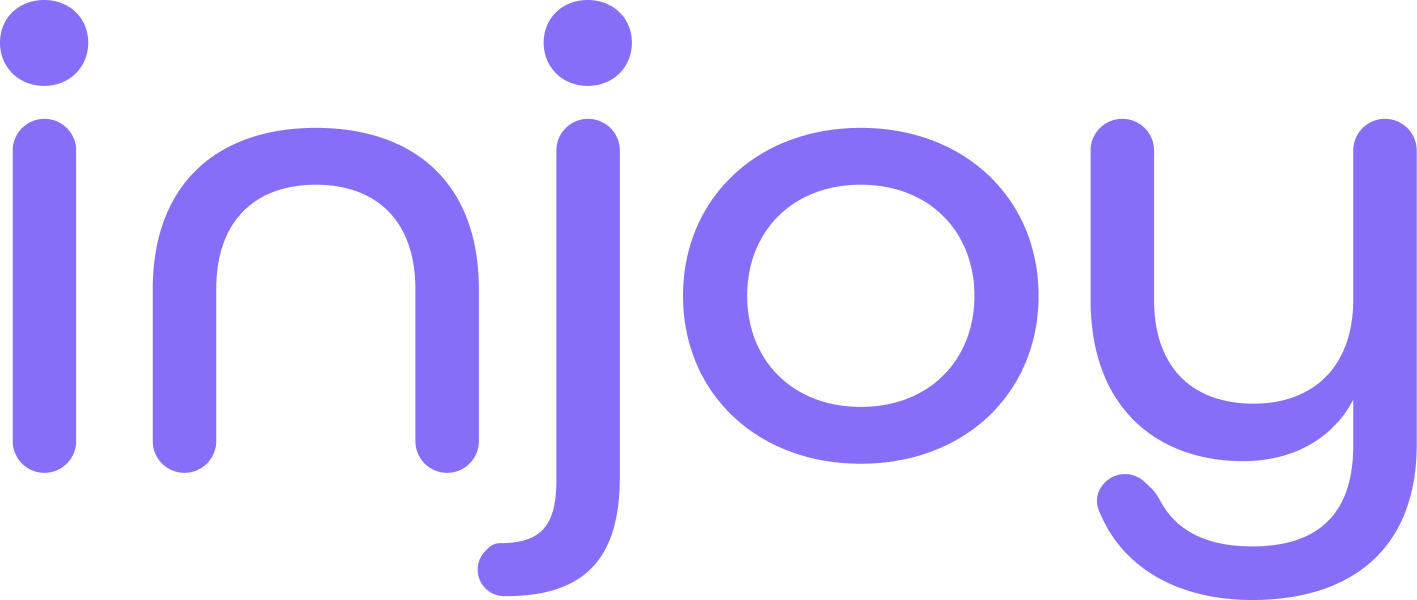Many patients with Inflammatory Bowel Disease report that they have trouble sleeping. In fact, some continue to struggle even when they’re not experiencing a flare-up.1 One study has even shown that getting too little or too much sleep might actually put someone at risk of developing ulcerative colitis, a type of IBD.2
And the most frustrating part of this is that not only can IBD make it difficult to sleep, but not sleeping enough could potentially make your IBD flare up.3 That’s why it’s just as important to track your sleep as it is your diet.
As you begin tracking your sleep quality, you may want to try changing your routines and habits to see if they improve your sleep. Here are some research-backed ideas you can put into practice:
1. Increase bright light during the day and limit it at night
Getting plenty of sunlight (or, if not, at least bright artificial light) will keep your circadian rhythm healthy — which has lots of effects on your body, including telling it when it’s time to sleep.
While you should get plenty of bright light during the day, you should stop looking at bright screens two to three hours before you plan to sleep. In fact, the less light in your home at night the better. Harvard sleep researcher, Stephen Lockley, notes that even something as dim as a table lamp (around 8 lux) can suppress melatonin production — a hormone that influences your circadian rhythm.4
If you can’t limit light in the evening, try wearing glasses that block blue light.
2. Go to bed and wake up at the same time each day
Alright, not to belabor the point… but this one’s about your circadian rhythm as well. Going to bed and waking up at the same time every day can make it easier to fall asleep.
This can be tough to do because if you have trouble falling asleep, you may not want to wake up at the time you had chosen the night before. But do your best to get up anyway…. Being tired will hopefully make it easier to settle into a consistent bedtime.
And to increase your chances of falling asleep at night, don’t take long naps during the day.5
3. Create a relaxation routine
Since your night hours will be screen-free and you’ll have a set bedtime, you can spend your time benefiting from a regular relaxation routine.
Recommended relaxation techniques include progressive muscle relaxation, mindfulness meditation, Yoga,6 listening to calm music, or even something as simple as taking a warm bath.
Try creating a routine that includes these techniques and other things that you personally find relaxing. Practicing these regularly can not only help you to sleep, they can lower your stress hormones — an important part of managing IBD.7
“The harder you try to relax, the less likely it is to occur. A relaxed, passive attitude is essential to achieving a relaxed state”
Just remember, don’t stress over stressing and don’t worry about getting these things just right. A lot of little changes add up and, before you know it, you could be sleeping better than you have in a long time.
Here’s the point…
Consistent and quality sleep is crucial to a healthy gut and a healthy life. But we can quickly fall into a vicious cycle where our IBD makes it difficult to sleep and our lack of sleep makes our IBD worse. ‘Round and ‘round we go…
Since IBD is difficult enough, it’s important that we have good sleep hygiene when it comes to the things we can easily control. That means increasing bright light during the day and limiting it at night, going to bed and waking up at the same time, and ending the day with a personalized relaxation routine.
To see which of these techniques are actually improving your sleep, start tracking your sleep (and everything else that affects your gut health) with the Injoy app on iOS or Android.
Sources
- https://www.everydayhealth.com/ibd/better-sleep-may-improve-ibd-patient-lives/
- https://pubmed.ncbi.nlm.nih.gov/24780288/
- https://www.ncbi.nlm.nih.gov/pmc/articles/PMC3995194/
- https://www.health.harvard.edu/staying-healthy/blue-light-has-a-dark-side
- https://www.ncbi.nlm.nih.gov/pmc/articles/PMC2919662/
- https://www.med.upenn.edu/cbti/assets/user-content/documents/Lichstein_RelaxationforInsomnia-BTSD.pdf
- https://www.ncbi.nlm.nih.gov/pmc/articles/PMC6821654/


